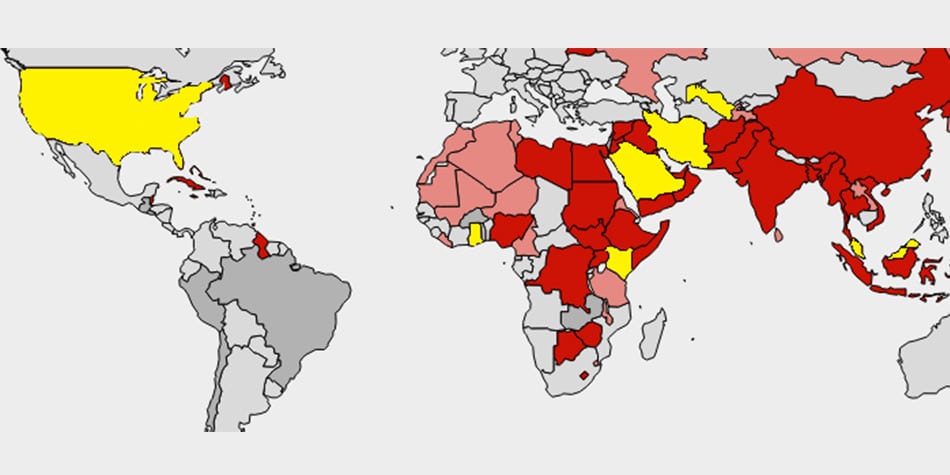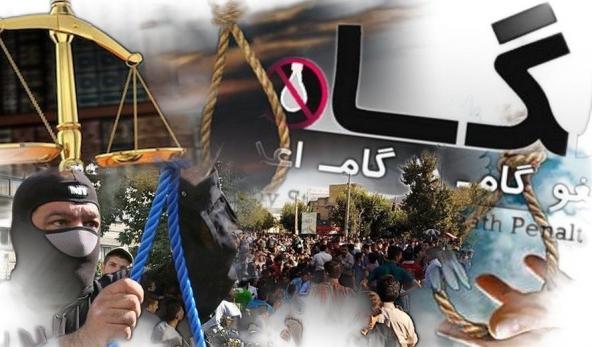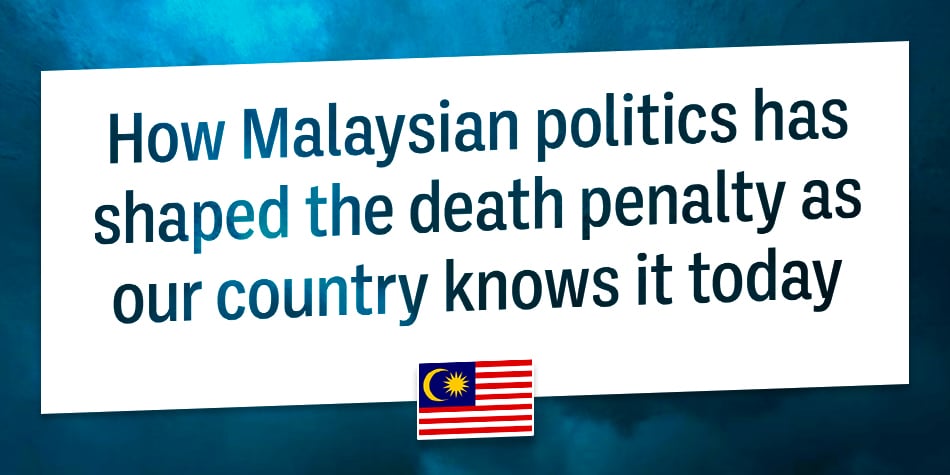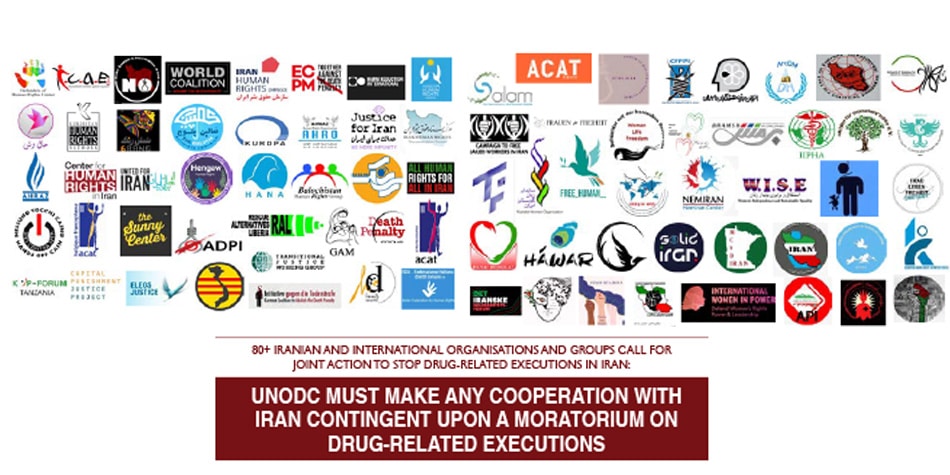
Mid-terms: A first half of 2023 marked by multiple abolitions
Good news
The first seven months of 2023 have been rich for the abolitionist community with a new abolitionist country, a new abolitionist state in the United States, as well as progress for abolition within multiple countries. However, some countries continue to use the death penalty and there have been alarming increases in executions.
The year 2023 is Off to a Good Start
The month of April 2023 was marked by a series of positive development for the abolitionist movement. On April 11, Malaysia’s upper house of Parliament, the Dewan Negara, passed two bills reforming the death penalty, which had been approved by the Dewan Rakyat, the lower house, on April 3. The two laws were published in the Federal Government Gazette on June 16, but were announced to only come into force at dates to be announced by the Minister of Law. According to the Minister, over 1300 prisoners are to be affected by the resentencing process following the passing of the laws.
Prior to these laws, Malaysia had 33 offences which could be punishable by death, including 12 which carried a mandatory death sentence. The first bill, namely the Abolition of Mandatory Death Penalty Bill 2023 (DR 7) abolished the mandatory death penalty for all 12 offences which previously carried it, including terrorism, murder and treason. The bill further abolished the death penalty for seven offences, including kidnapping and attempted murder. It also included provisions for alternate sentencing and amended punishments for prisoners who are undergoing trials or seeking review of their sentence by higher courts. The law came into operation on July 4, after an announcement made in the Federal Government Gazette by the Minister of Law.
The second bill is theRevision of Sentence of Death and Imprisonment for Natural Life (Temporary Jurisdiction of The Federal Court) Bill 2023 (DR 8). It lays out the terms of the transitional arrangement which apply to prisoners under sentence of death (or imprisonment for natural life) for offences whose punishments were amended by the Abolition of Mandatory Death Penalty Bill 2023 (DR 7) and who have already exhausted their appeal options. Under the bill, the Federal Court is granted temporary jurisdiction to review the sentences of the prisoners which match that description, if they apply for review within 90 days of the bill coming into effect. Law and institutional reform minister Azalina Othman Said declared on September 11, 2023 that the bill would come into force the following day, September 12. As of then, the 1,020 prisoners who had been sentenced to mandatory death or life imprisonment can file applications in court to review their sentences. According to the Ministry, the court will then either approve or reject the applications of those handed the mandatory death sentence or propose a replacement punishment for those handed a life imprisonment sentence.
On April 21, the State of Washington formally abolished the death penalty in the United States, after Governor Jay Inslee signed a bill into law eliminating the state-sanctioned punishment. During the bill signing, the Governor stated that he “initiated a moratorium against the death penalty in Washington State in 2014” and that the “rationale for that decision was affirmed by the) Supreme Court decision in 2018, when they invalidated the death penalty statute.” He highlighted that the “penalty has been applied unequally and in a racially insensitive manner.”
Shortly after, on April 30th, 2023, Uzbekistan voted through referendum on constitution amendment, one of which allows for the abolition of the death penalty to be codified in Article 25 of the Constitution. The changes were overwhelmingly accepted by the population, with 90% of votes in favor.
The 25th of July was also marked by significant progress for the abolitionist movement. In Kenya, President William Ruto commuted all the death sentences that had been imposed before November 22, 2022, to life imprisonment. The decision was announced through an official gazette’s notice and was made by the President on the basis of a recommendation by the power of mercy advisory committee. While the last execution in Kenya took place in 1987, death sentences continue to be issued every year.
Still on July 25, Ghana became the 27th country to abolish the death penalty in Africa. The Ghanaian Parliament passed two bills, the Criminal Offence (Amendment) Bill 2022 and the Armed Forces (Amendment) Bill 2022, which amended the Criminal Offences Act 1960 and the Armed Forces Act 1962 to effectively abolish death penalty. In a press release, the Coalition Against the Death Penalty led by Amnesty International Ghana welcomed the news that the death penalty in Ghana had been abolished by the Parliament of Ghana. It called on the President to sign it into law, commute all
death sentences to prison terms and establish an official moratorium on executions.
While these many announcements promise a successful year for the abolitionist community, there are still a few concerning points to mention.
Worrying developments in the countries that apply the death penalty the most
In Saudi Arabia, according to Amesty International, at least 100 people have been executed in as of September 12, 2023, including at least 2 women. Saudi Arabia executes one the basis of three types of criminal punishments, namely qisas, which are retributive punishments, ta’zir, which are discretionary punishments, and hudud, which are mandatory punishments. Saudi officials have repeatedly committed to stopping executions based on ta’zir, as these are discretionary and do not meet the legal and procedural requirements. Despite this, according to ESOHR, as of June 2023, 44% of executions were ta’zir executions. Further, Amnesty International denounced in June 2023 that seven young men were at risk of imminent executions, despite the government’s commitment to stopping the use of the death penalty for defendants who were minors at the time of the crime. According to Amnesty International, six of the seven young men were convicted for terrorism-related offences, which include participation to anti-government demonstrations and attendance to funerals of people killed by Saudi authorities.
In Singapore, worrying developments regarding the use of death penalty for non-violent drug-related charges have unfolded. At least five people were executed for drug-related charges, in violation of the international standard of most serious crimes in the first half of 2023. Singapore resumed executions in March 2022 after a two-year hiatus and has since executed at least 16 people. In April 2023, Singapore carried out its first execution of the year, and hanged Tangaraju Suppiah for abetting drug trafficking despite international denunciations. Three weeks later, Singapore executed Muhammad Faizal Bin Mohd Shariff for possession of cannabis. Between July 26 and August 3rd, Singapore executed three more people for drug-related charges. One of them, Saridewi Djamani was the first woman to be executed in the country in 19 years.
There has been an alarming increase in executions in Iran, for the second year in a row. According to Iran Human Rights (IHR), at least 499 people, including 13 women, were executed as of September 12, 2023. Comparatively, 251 executions were carried out from January to June 2022, and 117 in the first half of 2021. According to IHR, 20% of all people executed in the first six months of 2023 were from Baluch minorities. In that same period, at least 206 executions were carried out for drug-related offenses, representing a sharp increase compared to the first half of 2022.







